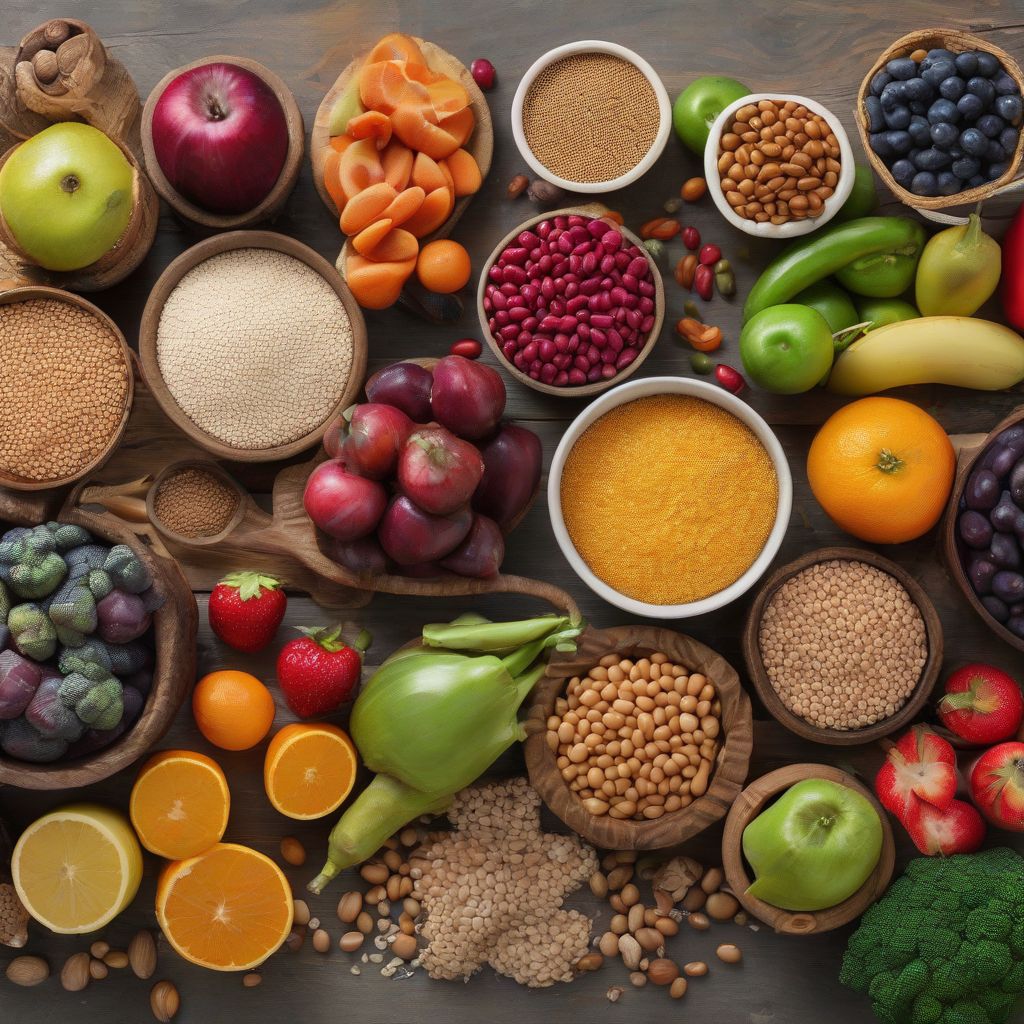Have you ever considered the impact of your food choices on the planet? As a nutritionist and meal prep coach, I’m passionate about helping people live healthier lives, and that includes considering the environmental impact of our diets. One of the most powerful ways to do that is by embracing a plant-based way of eating. Let’s dive into how this dietary shift contributes to a more sustainable future for all.
Reducing Your Environmental Footprint One Bite at a Time
The connection between our plates and the planet is undeniable. Traditional animal agriculture is a significant contributor to greenhouse gas emissions, deforestation, and water pollution. By choosing plant-based alternatives, you can significantly reduce your environmental footprint.
The Impact of Meat Production on Our Planet
- Greenhouse Gas Emissions: Raising livestock, particularly cattle, releases significant amounts of methane, a potent greenhouse gas, into the atmosphere.
- Land Use and Deforestation: Vast tracts of forests are cleared to create pastures for grazing or to grow animal feed, contributing to habitat loss and biodiversity decline.
- Water Consumption: Animal agriculture is incredibly water-intensive. It takes significantly more water to produce a kilogram of meat compared to a kilogram of plant-based protein.
 Abundant Plant-Based Food
Abundant Plant-Based Food
Plant-Based Eating: A Lighter Footprint
Transitioning to a plant-based diet offers a powerful way to address these environmental concerns:
- Lower Greenhouse Gas Emissions: Studies consistently show that plant-based diets have a lower carbon footprint compared to diets high in animal products.
- Reduced Land Use: Shifting to plant-based protein sources frees up land for reforestation, wildlife habitats, and more sustainable agricultural practices.
- Water Conservation: Plant-based diets generally require less water, easing pressure on freshwater resources.
Nourishing Ourselves and the Planet with Plant-Based Foods
A common concern about plant-based eating is ensuring adequate nutrient intake. Rest assured, a well-planned plant-based diet can provide all the essential nutrients your body needs to thrive.
Plant-Powered Nutrition
- Protein Powerhouses: Incorporate legumes (beans, lentils, chickpeas), tofu, tempeh, edamame, quinoa, nuts, and seeds to meet your protein needs.
- Iron-Rich Choices: Leafy green vegetables, beans, lentils, tofu, and fortified cereals are excellent sources of iron.
- Calcium for Strong Bones: Include calcium-rich plant milks, tofu, fortified foods, and leafy greens in your diet.
Tips for a Nutrient-Rich Plant-Based Diet:
- Variety is Key: Embrace a rainbow of fruits, vegetables, legumes, and whole grains.
- Smart Food Combinations: Combine foods like beans and rice or legumes with whole grains to create complete protein sources.
- Vitamin B12 Awareness: Since vitamin B12 is primarily found in animal products, supplementation or consumption of fortified foods may be necessary for those following a strictly plant-based diet.
Plant-Based Living: Beyond the Plate
Embracing a sustainable lifestyle extends beyond dietary choices. It’s about making conscious decisions that minimize our impact on the environment.
Sustainable Choices for a Greener Future
- Reduce Food Waste: Plan meals, store food properly, and compost food scraps to reduce your food waste footprint.
- Support Local and Sustainable Agriculture: Choose locally sourced produce and support farmers who employ eco-friendly practices.
- Minimize Plastic Use: Opt for reusable containers, bags, and water bottles to reduce plastic waste.
Conclusion: A Delicious Path to Sustainability
By adopting a plant-based diet, you contribute to a healthier planet and a healthier you. It’s a delicious and impactful way to reduce your environmental footprint, conserve precious resources, and promote a more sustainable future.
Start by incorporating more plant-based meals into your week. Experiment with new recipes, explore the abundance of plant-based products available, and savor the flavors of a sustainable lifestyle.
What small changes are you inspired to make to support a more sustainable way of life? Share your thoughts and ideas in the comments below!
[amazon bestseller=”plant-based cookbook”]
